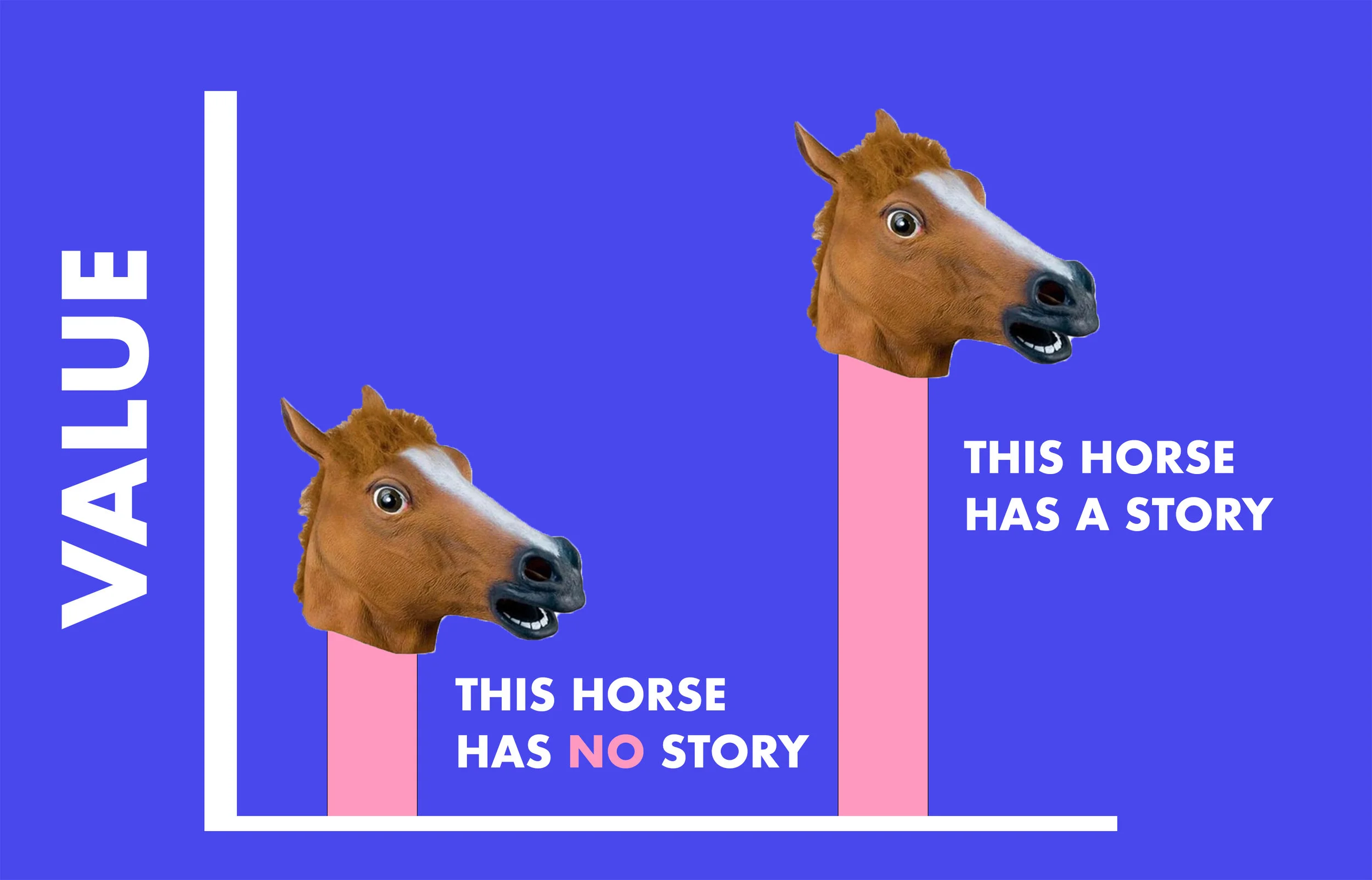Archetypes In Storytelling
Carl Gustav Jung was a famous Swiss psychiatrist and psychologist who lived from 1875 until 1961.
Aside from being the founding father of analytical psychology, Jung also devoted much of his time to studying religious and mythological symbology.
In the course of his inquiry, he noticed similar patterns and themes emerging even though the subject matter had very different origins.
From this observation, he put forward his theory that we are not born as 'a blank slate' but that we all carry a set of elements ‘pre-programmed’ into our psyche.
Jung labelled these elements ‘archetypes’ and argued that they are 'universally' human and represent the sum of our experience as we have evolved. Because they are common to all of us, we can recognise and identify with them on an emotional level.
In total, Jung identified 12 separate archetypes. Before we look at them in more detail, please pause for a moment and think of some of your favourite stories and the characters portrayed in them.
It shouldn’t take you too long to realise that characters with similar traits recur time and time again in storytelling. For this reason, archetypes can be a helpful tool for characterisation when telling your own stories.
Now let’s take a look at what defines each one...
1. The Hero
Characteristics: Strength, courage
Weaknesses: Arrogance, delusions of grandeur
2. The Sovereign
Characteristics: Order, stability, control
Weaknesses: Entitlement, greed
3. The Magician
Characteristics: Powers of perception, intuition
Weaknesses: Hubris, trickery
4. The Sage
Characteristics: Wisdom, intelligence
Weaknesses: Passiveness, arrogance
5. The Creator
Characteristics: Nonconformity, imagination
Weaknesses: Over dramatisation, perfectionism
6. The Jester
Characteristics: Humour, irreverence
Weaknesses: Being misunderstood, inefficiency
7. The Innocent
Characteristics: Trust, honesty
Weaknesses: Naïveté, denial
8. The Explorer
Characteristics: Independence, bravery
Weaknesses: Aimlessness, alienation
9. The Rebel
Characteristics: Risk-taking, individuality
Weaknesses: Lawlessness, fanaticism
10. The Lover
Characteristics: Belonging, self-sacrifice
Weaknesses: Obsession, jealousy
11. The Citizen
Characteristics: Fairness, accountability
Weaknesses: Righteousness, recklessness
12. The Caregiver
Characteristics: Compassion, empathy
Weaknesses: Arrogance, delusions of grandeur
As you can see from the list above, each archetype has its own set of qualities that propel the story’s character forward.
By the same token, they possess weaknesses which provide an opportunity for them to face a set of challenges which they must overcome in order to complete their own journey of transformation.
To learn more about storytelling from the world’s experts, check out our popular course on the topic. It will teach you all you need to know about how to tell stories that have a lasting impact.






